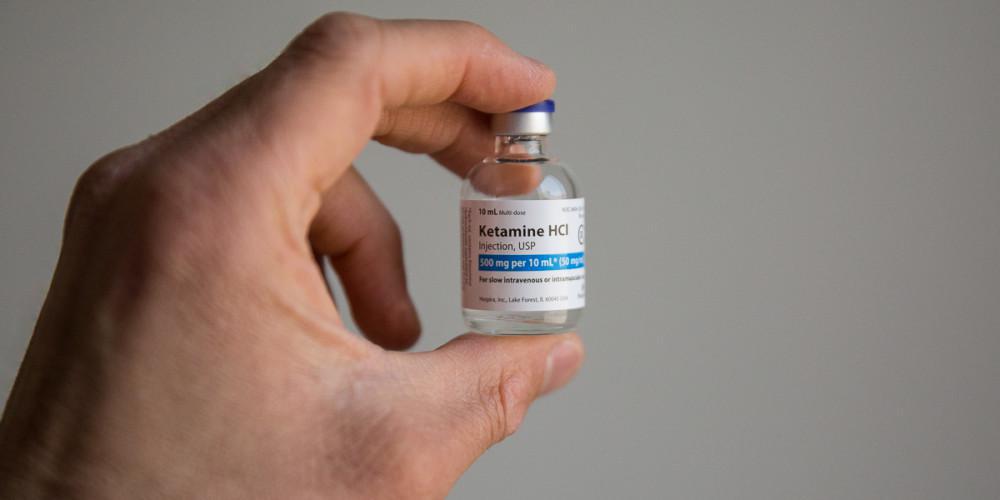There are various ways doctors treat mental disorders. They may use psychotherapy, whereby the patient explores their thoughts, feelings, and behaviors to improve their well-being. In some cases, they may prescribe medications. Unfortunately, psychotherapy and medications may not work fast enough, so ketamine therapy may be the only choice.
According to Howell ReYou clinic, ketamine is a dissociative anesthetic that alters your brain function by managing pain and depression. It treats your mental symptoms within 2 hours, making it very effective. What conditions can ketamine therapy treat? Here they are below.
Obsessive Compulsive Disorder (OCD)
OCD is a condition that makes you engage in repetitive behaviors due to constant fear and unwanted thoughts. People with OCD usually try to ignore their obsessions but instead become even more anxious. The mental disorder may cause you to constantly wash your hands, arrange items on a shelf a certain way or check if doors are locked.
Ketamine acts directly on your brain receptors and increases glutamate (a brain chemical) levels. People with insufficient glutamate tend to develop OCD tendencies.
Post-Traumatic Stress Disorder (PTSD)
This disorder is triggered by frightening events such as road accidents, domestic abuse, or sexual assault. Its symptoms usually appear within a month after the event. First, you will experience constant flashbacks as though the event was happening now. Next, you will try to repress your memories while experiencing hopelessness, trouble sleeping, and irritability.
The anesthetic corrects the condition by minimizing NMDA-glutamate receptors in the brain. If they are too many, you begin experiencing depressive symptoms.
Postpartum Depression
This form of depression affects women as soon as they give birth. Initially, they will experience common baby blues symptoms such as sadness, anxiety, irritability, and mood swings. Later, they experience severe depressive symptoms such as appetite loss, panic attacks, guilt, suicidal thoughts, and contemplation of harming their baby.
In minimal doses, it helps form new pathways within the brain to influence how you feel and think. Mothers need to receive 6-8 infusions within four weeks to get relief from their symptoms.
Anxiety Disorder
This condition causes you to be so anxious that you find it difficult to proceed with your normal activities. Besides feeling very nervous, you will sweat, tremble, breathe rapidly, and experience gastrointestinal (GI) issues. Eventually, such people resort to drug use to calm down. At that point, it is time for them to consider ketamine infusions.
The anesthetic increases neuroplasticity, which is a process through which your brain gets rewired. As a result, you will change how you feel about situations that trigger your anxiety.
Depression
Depression affects how you feel, act, and think. Its symptoms include a disinterest in things you once enjoyed, fatigue, trouble sleeping, suicidal thoughts, and constant appetite changes.
Since ketamine causes temporal dissociation, you will not experience negative thoughts. It is effective in easing its symptoms, provided that doctors use the correct dosage.
As effective as ketamine therapy is, you should know its side effects. You may experience nausea, dizziness, hallucinations, and increased blood pressure. That means you should only consider ketamine therapy as a last resort.
Another thing to consider is that ketamine may trigger addiction. You may go for therapy to forget your problems or experience euphoria. Again, your doctor will watch you closely as they administer the treatment. If you feel that you get addicted, you can always talk to your doctor about any arrangement changes.










